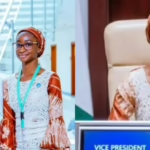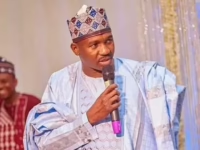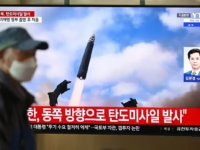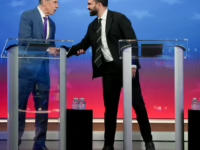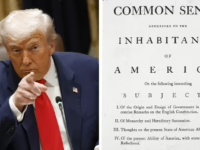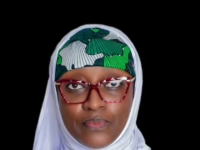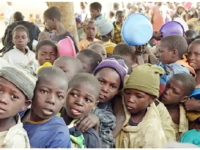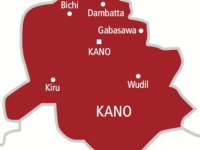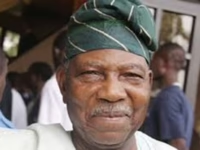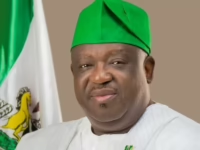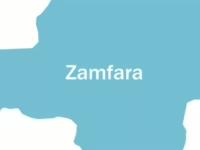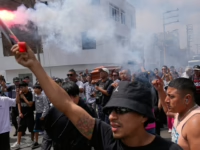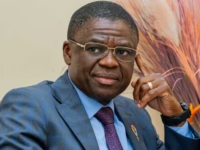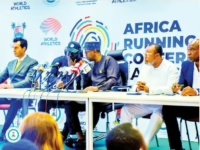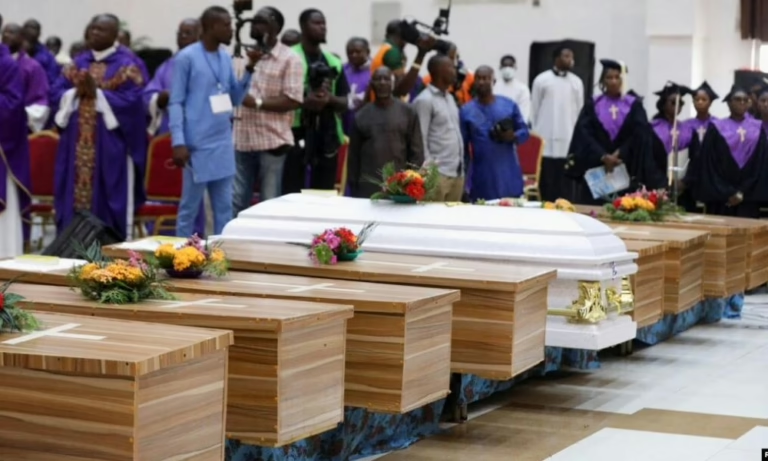Amid ongoing discussions about the violence in Nigeria, a contentious narrative has emerged focusing on the alleged persecution of Christians. Various stakeholders have been vigorously promoting perspectives that align with their agendas, often oversimplifying the complex realities on the ground.
The Nigerian government, for its part, consistently emphasizes its dedication to safeguarding all citizens regardless of their religious or ethnic backgrounds. This stance comes amid international debates fueled by claims of targeted attacks against Christians in the country.
Daniel Bwala, the President’s Special Adviser on Policy Communication, reinforced the government’s position during a meeting with leaders of the Christian Association of Nigeria (CAN) in Abuja. His remarks came in response to recent assertions by some U.S. lawmakers and media commentators who have labeled Nigeria’s security crisis as a “Christian genocide.”
“Nigeria is currently facing a deliberate and harmful campaign aimed at branding the nation as a ‘genocide hotspot.’ This is not just misinformation; it is a coordinated disinformation effort intended to sow fear, divide the nation, tarnish our global reputation, and deter much-needed foreign investment,” Bwala explained.
Claims by certain U.S. politicians and media figures that Christians in Nigeria are victims of genocide often rely on partial truths, neglecting the multifaceted nature of the conflict. While such narratives may capture headlines and serve political interests, they fall short of providing a foundation for effective solutions.
Reevaluating the Narrative
Recently, Senator Ted Cruz introduced legislation in the U.S. Congress aimed at protecting “persecuted Christians” in Nigeria. Similarly, Representative Riley Moore called on the U.S. Secretary of State to take diplomatic action, citing “systematic persecution and mass killings” of Christians. Comedian and talk-show host Bill Maher also claimed that Christians in Nigeria are being “systematically wiped out.”
These statements generate significant moral outrage and media attention but are problematic in their framing. Data from the Observatory for Religious Freedom in Africa (ORFA), covering October 2019 to September 2023, recorded 55,910 fatalities-including civilians, security personnel, and members of terror groups-across 9,970 violent incidents in Nigeria. Of the 30,880 civilian deaths, 16,769 were identified as Christians, while 6,235 were Muslims.
At first glance, the number of Christian casualties appears higher. However, many victims’ religious affiliations remain unconfirmed, and the underlying causes of violence are far more intricate than a straightforward religious genocide narrative suggests.
Rather than a targeted campaign to exterminate a single religious group, Nigeria’s security challenges stem largely from systemic governance failures. Factors such as environmental stress, competition over resources, extremist ideologies, and weak institutional frameworks fuel the unrest, transcending religious divisions.
For instance, conflicts in Nigeria’s Middle Belt are predominantly driven by disputes over land and water between herders-many of whom are Muslim-and farmers, many of whom are Christian. These clashes are rooted more in economic survival than sectarian animosity.
Moreover, evidence indicates that both Muslims and Christians have suffered at the hands of the same terrorist organizations. ORFA’s data reveals that while Christian casualties may be higher in certain areas, violence indiscriminately affects communities across religious lines, reflecting a broader collapse of state authority.
The portrayal of Nigeria as a site of “Christian genocide” serves certain political interests abroad but risks misrepresenting the situation domestically. When foreign policymakers depict Nigeria as a battleground of Muslim aggression against Christians, the repercussions are significant:
- Diplomatic consequences: The Nigerian government views such narratives as threats to national stability, investor confidence, and international relations. Bwala’s concern about deterring essential investment highlights this risk.
- Social fragmentation: Genocide labels deepen divisions among communities already living in fear, hindering peacebuilding and national cohesion.
- Misguided policy focus: Framing the crisis solely as religious persecution diverts attention and resources from addressing root causes like resource scarcity, governance deficits, and extremist violence.
Addressing Nigeria’s security issues requires a comprehensive and nuanced strategy:
- Acknowledge that both Christian and Muslim populations are victims, as data confirms no group is exempt from violence.
- Shift the conversation from “Which group is targeted?” to “How can we dismantle violent networks and restore effective governance?”
- Enhance institutional capacity, uphold the rule of law, and prioritize solutions that tackle underlying drivers rather than focusing exclusively on religious identities.
In this context, Bwala’s statement that insecurity is “a national challenge, not a sectarian one” reflects a fact-based understanding. Until discourse moves beyond religious blame and centers on government accountability and reform, the cycle of violence will persist, with innocent civilians continuing to bear the brunt.



